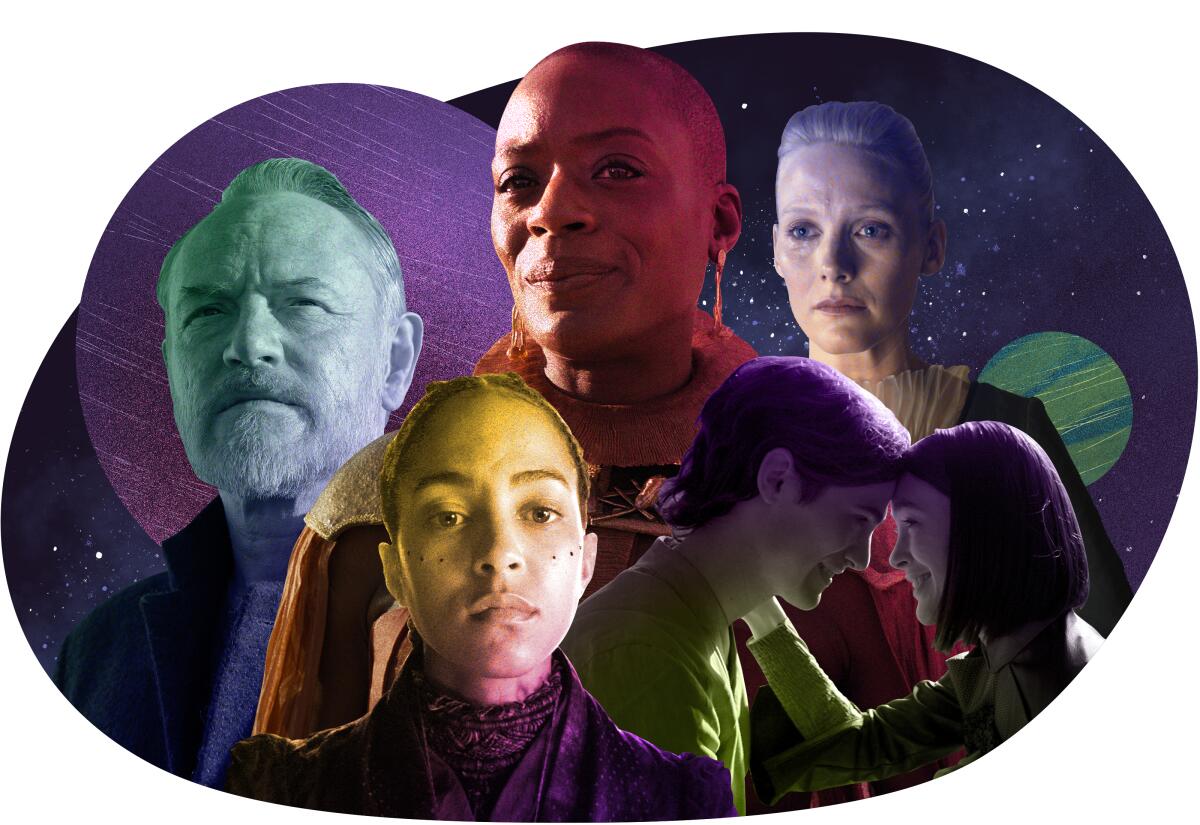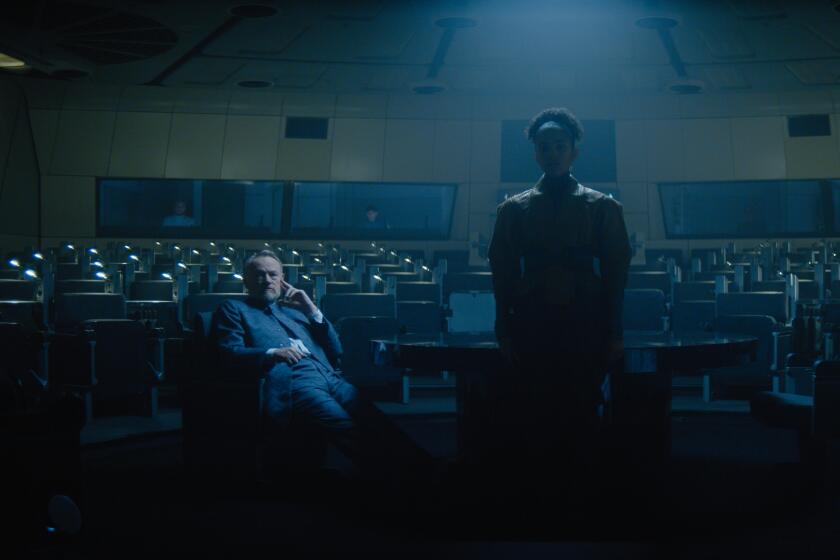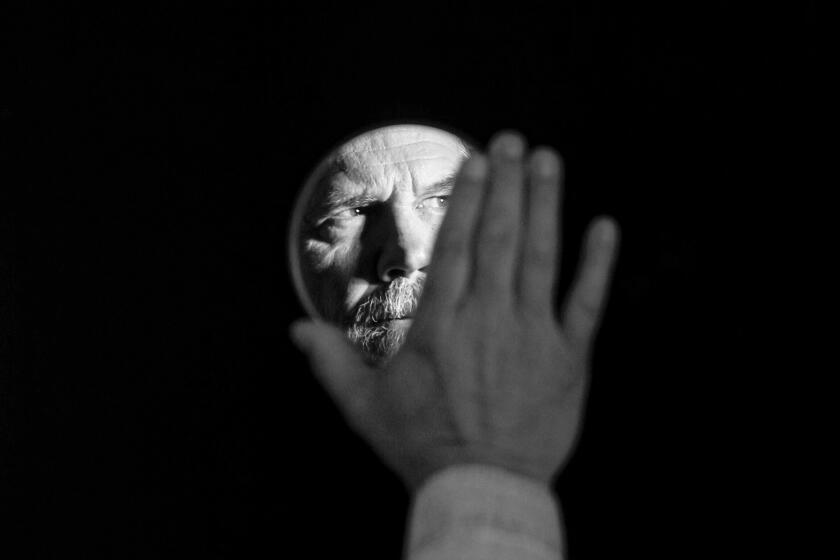With storylines rooted in the Cold War or climate change or any number of other deep-seated earthbound concerns, no fewer than four new series (and counting) are boldly proclaiming an emerging era of prestige science fiction this season.
Why this sudden surge?
“Science fiction has always flourished when things weren’t going too well, and right now, there’s just a ton of anxiety in the world,” says David S. Goyer, showrunner for the Apple TV+ series “Foundation.”
That anxiety is reflected in these wildly variegated, star-packed offerings: Goyer’s “Foundation,” starring Jared Harris, traffics in “Dune”-style interplanetary strife set 25,000 years in the future; folksy heartland drama “Night Sky” (May 20, Prime Video) features Oscar winners Sissy Spacek and J.K. Simmons as a couple who periodically visit a distant planet via the teleportation device ensconced in their backyard shed; time-travel western “Outer Range” (Prime Video) stars Oscar nominee Josh Brolin as a Wyoming rancher spooked by a giant hole on the edge of his property; and “The Man Who Fell to Earth” (Showtime) casts Oscar-nominated Chiwetel Ejiofor as a charismatic extraterrestrial.
And while “Star Trek” in all its versions has been a relatively constant presence on screens big and small since the mid-1960s, its presence in these current times is growing ever larger, adding to the mix the recently launched “Star Trek: Strange New Worlds” (Paramount+), which follows Captain Pike (Anson Mount) and his USS Enterprise crew on fresh adventures. And there’s still more to come as Apple TV+ will be back in the space race soon with “Constellation,” featuring Noomi Rapace and Jonathan Banks.
The Envelope spoke to these showrunners about how they’re reshaping sci-fi TV amid troubled times.
For the record:
6:22 p.m. May 19, 2022An earlier version of this article misstated the number of episodes for “The Man Who Fell to Earth.” The number is 10, not eight.













